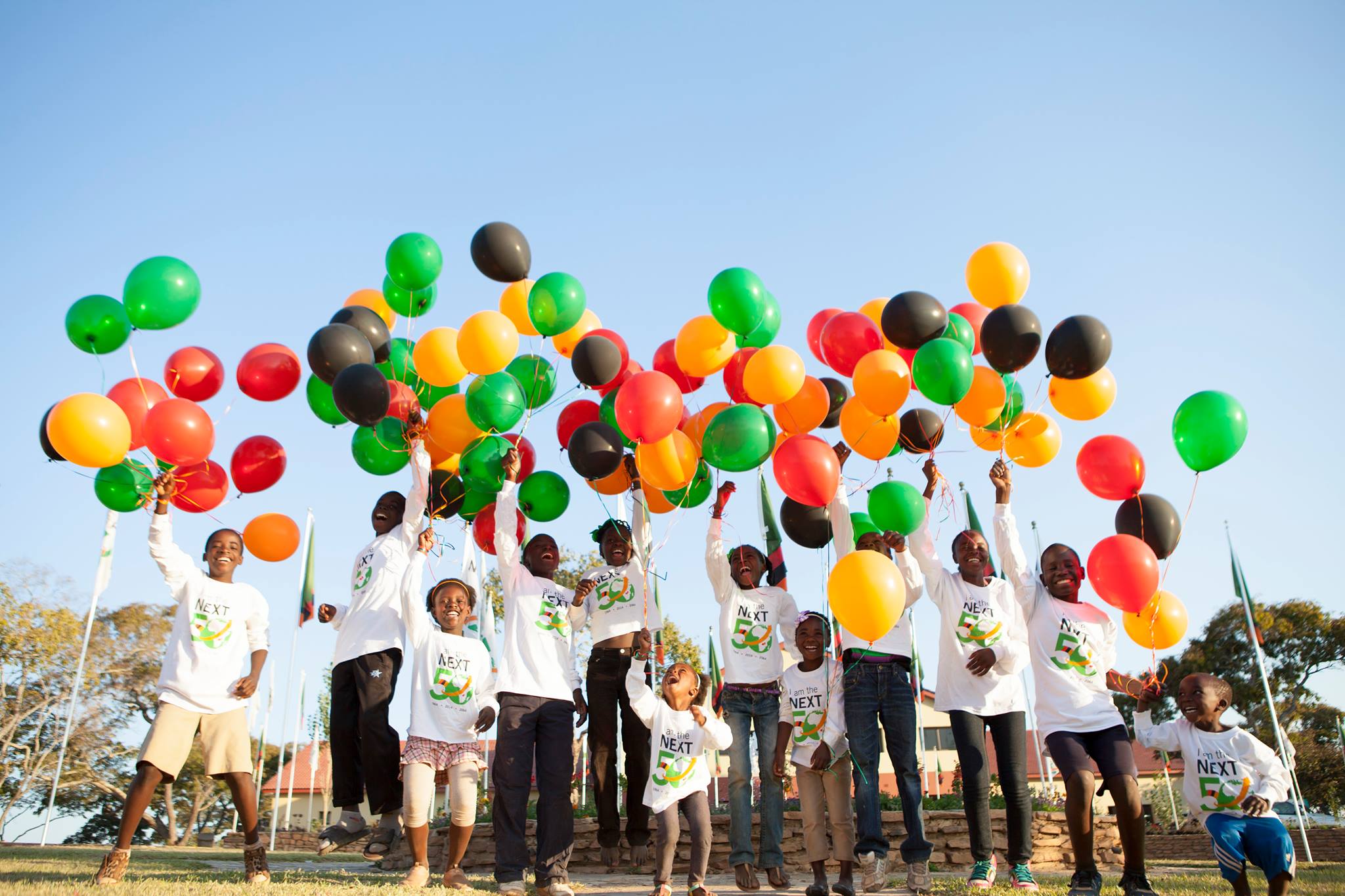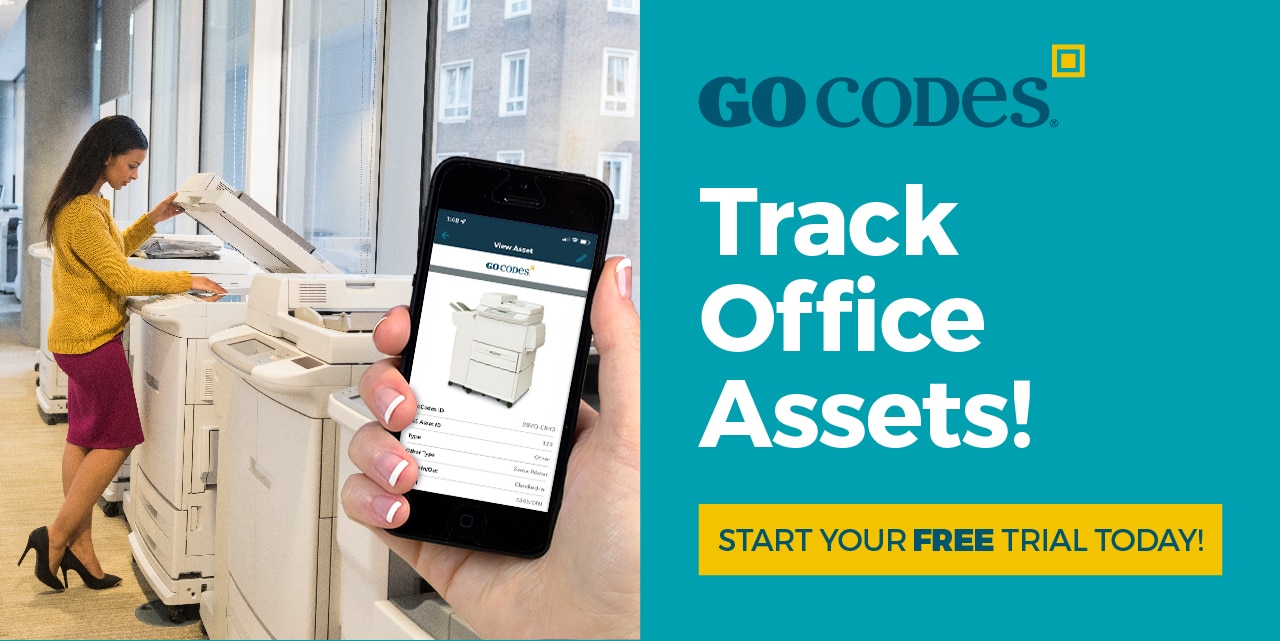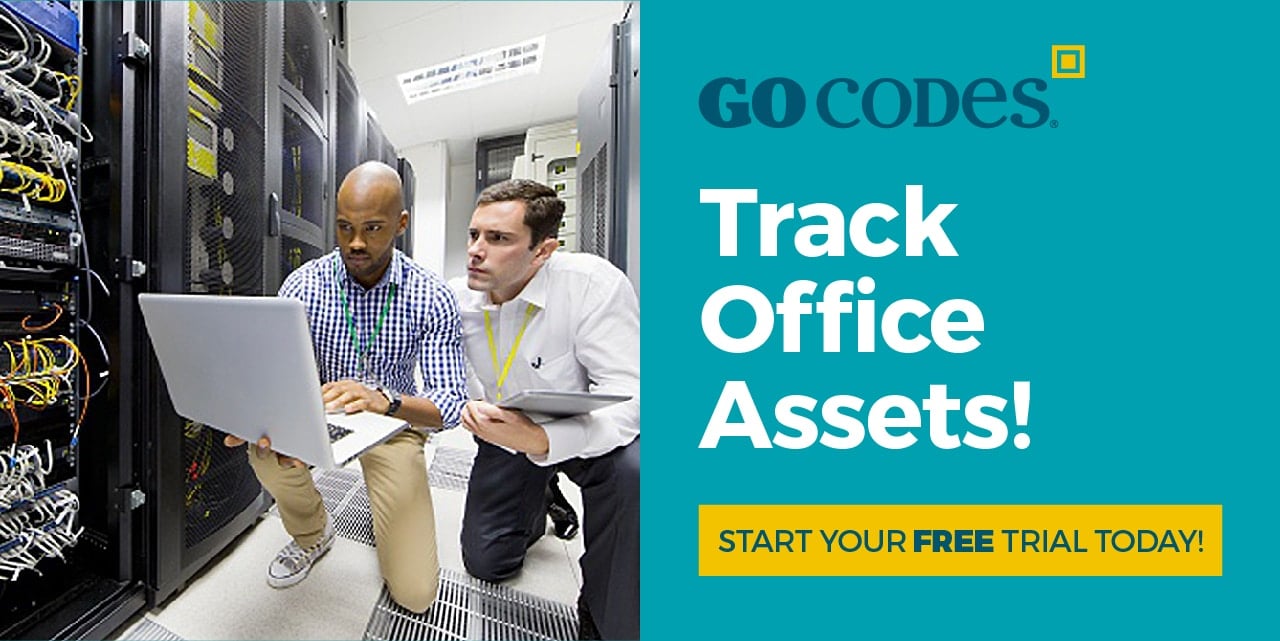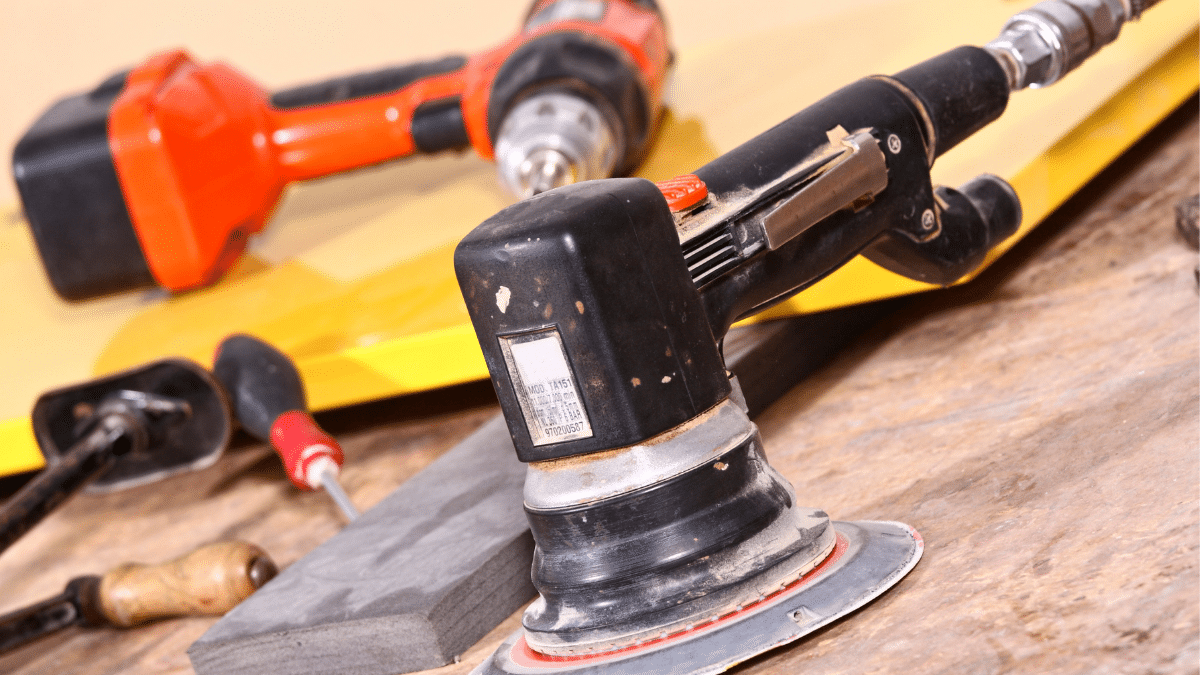Family Legacy Missions is a faith-based nonprofit organization dedicated to helping transform the lives of orphans in Zambia. Todd Weier, in charge of logistics at Family Legacy, spoke with us about the organization and his experience there.
“Zambia has one of the highest per capita orphan rates in the world, with a full 46% of the population under the age of 14,” explained Weier, “due to the plight of HIV and AIDS in the country. It’s the seventh most affected country in terms of HIV infection in the world. The average life expectancy in Zambia is only 52 compared to 78 here in the US.”
Family Legacy’s sole objective is to influence the country in positive ways. Because a very high proportion of the population is so young, the best way to pursue that objective is by better equipping those children, specifically those that are orphaned, to become contributing members of society.
“We’re doing that through nutrition, education, health and social services,” said Todd. “We’re giving these children a hope in life where, in the past, they often really had none. There was no way to break the cycle of poverty.”
For this reason, Family Legacy dedicates all of its resources and efforts to Zambian orphans.
“Zambia is the only country that we are actually focusing on and the only country that we plan on focusing on in the future,” explained Todd. “There are various reasons for that. Our original founder was born in Zambia his parents were doing missionary work where he was born, so he has an affinity towards the orphans and understands the plights that are happening over there.”
Founded in 2003, Family Legacy has extended its footprint and influence in Zambia.
“We currently have 24 schools in Zambia that we own, and we operate ourselves,” said Todd. “We have Zambian teachers and an American executive staff over there that helps run the operations and put everything together; we have approximately 15,000 orphan students that are part of the program, supported by American sponsors, in order to cover the operating costs. We also have housing for the orphans in the direst situations; we have approximately 750 children that we house on a full-time basis at our own Family Legacy-run orphanage.”
Family Legacy focuses on the development of individuals, encouraging its contributors to actively sponsor one child or more. It favors active participation over one-time donations.
“This makes family Legacy unique,” said Todd, “because the way we work is to try and create relationships between American families and individuals with the orphans in Zambia. This helps create a more committed donor base and helps sponsors understand the plight much more.”
One of the most direct ways to connect American families to the orphans is through a summer program called Camp Life. For seven weeks each summer, sponsors come to Zambia to get to know some of the children.
“During that time, we have approximately 100 Americans come over each week and they spend an entire week there. They are each assigned 10 orphaned children who they work with the whole week,” explained Todd, with social and educational activities that take on somewhat of a summer camp format.
“We [also] take the Americans with the children out into their neighborhoods where they live so that they can get a really good understanding of the trials and tribulations that they go through. It really gives us a very committed base of Americans to help support the cause and, for these kids, seeing these people come over and being with them and working with them can be such a wonderful thing. I know so many of our donors come back year after year and see the same children; it really is an inspiration, not only to the children, but to the sponsors as well. I’ll be honest with you, for myself it’s been quite an experience.”
Todd has experienced this, too. “The first year they brought me on at Family Legacy,” recalled Todd, ” was in June 2015. I remember they told me they wanted me to come and join the organization. They wanted my wife and I to go over to Zambia first, and I said ‘okay, we’ll do that.’ We went for a week of camp and I’ll never forget one child. His name was Prince and he was 6 years old at the time. He was just extremely shy, and you couldn’t get him to lift up his head up, couldn’t get him to look you in the eye or anything like that, and he was frightened. There was no confidence in him and you could tell he had just been beaten down by life. I got to build a little rapport with him over that week; you could see him opening up a bit to that, but he also had never been in school. Through my sponsorship with him, he was able to start attending school on a regular basis.”
Nutrition is an important part of development as well; constant hunger is a huge impediment for learning.
“While they’re in school, we feed them one meal every day at lunch, which is typically the only meal that they eat all day,” said Todd.
“I’ll never forget when I went back the following year the first time I saw [Prince]; he had grown 6 inches or more and he was just a totally different child. He was happy, he was outgoing, he… He just had this air of confidence over him and, through my conversations with him, you could just see the knowledge he was building up. It was just such a transformation from the year before. In that one year this was just a completely different child.”
Todd talked about the way seeing Prince’s transformation in person had a profound impact on him, and that impact inspires his current work with Family Legacy. “You see things on TV about children’s lives being changed,” said Todd, “but it doesn’t have that kind of impact until you actually see it in person.”
In this article...
A Successful Logistics Career
Prior to joining Family Legacy, Todd Weier had a long career in logistics and supply chain management for corporate retailers like Victoria’s Secret, Kirkland, and PetSmart.
“I was introduced to Family Legacy and, at that point, I was able to make the decision to step away from what I think was a really successful career,” explained Todd. “I was looking for something to give me a little more significance in life. As opposed to just helping increase shareholder value, at Family Legacy, I’m actually able to affect real people. So, you know, the orphans that we take care of in Zambia are my shareholders now and I’m really happy with what I’m doing.
“We [at Family Legacy] also have an infrastructure and run things like a business.'”
The Logistics Challenges at Family Legacy
Running the many schools, the orphanage, the various auxiliary operations in Zambia, and an office in Irving, Texas involves many moving parts and requires a dedicated department (albeit a small one.)
“I’ll be honest,” admits Todd, “I’m the only guy in the logistics department.”
But, as Todd explains, the sourcing and movement of supplies for this operation is no trivial exercise.
“I do logistics and I do procurement,” explained Todd. “We go through a lot to support 24 schools and an orphanage. The organization needs everything from school desks to toilet paper. Some of that is sourced locally; whenever we can, we support the local [Zambian] economy. We source some from South Africa… but the bulk of the supplies still come from the United States, and that’s where I get involved.”
In order to import these items from the United States, Todd is responsible for producing a precise manifest of the contents of each container that gets shipped.
“We have to have a very detailed shipping manifest of all these goods,” explained Todd. “We typically have hundreds and hundreds of different items on each container, so we literally have a line item [on the manifest] for each one. We have to make this manifest as accurate as possible because, if it gets inspected and we have something on the container that’s not on the manifest, that can hold up the shipment, or even have the shipment entirely seized. So it’s very important.”
Another challenge that Todd addresses is knowing exactly where things are at all times. When a container gets to the site in Zambia, it becomes a challenge to make sure that the right parcels get to the right facilities and people. Todd spends time on-site in Zambia, but when he’s working from the United States, it’s impossible to know where everything ends up. A box of goods might get pushed aside, which can cause items to be effectively lost.
This was also a problem, Todd explains. “Not understanding exactly what our consumption was, or how much we were using.”
Todd emphasizes the importance of this issue. “We have a responsibility to and accountability back to our donor base to be able to say that we’re using the funds that they are giving to us in the best way possible. We need to account for the items that are donated to us or that we purchase.”
Using GoCodes to Address These Challenges
Family Legacy had been using GoCodes for basic asset management needs in their US-based office. The app would help keep track of company property like computers, printers, and cell phones.
In his search for a practical solution to these logistics challenges, Todd explains, “[I] started just to dig into GoCodes a little bit more and I said, ‘I wonder if there’s a way that we can maybe adapt this slightly?’ You know, an asset is basically the same thing as an item. I started working with GoCodes and making a few minor modifications (customizations), looking at what’s offered and seeing how I could use that to actually track our inventory and help us with the manifesting process.”
Todd admits, “I’m not an IT person and I’m kind of technologically challenged too, but GoCodes is easy enough (to use) that I was able to figure it all out and go in there and do the configurations, make changes and I can understand the logic behind what it’s doing. I hate to call it a simple system, but it’s simple in a good way.”
“I took their existing fields and found out which fields I could use and which fields really didn’t help me that much. GoCodes has ten fields that can be configured any way you want; you can name those fields… and I was able to configure those and get the information that we need [for the manifest].”
Todd also utilizes the “assign-to” utility of a GoCodes asset to assign items to particular locations, specifying various general locations (the US-warehouse, the office, in Zambia, or in a particular container), and a number of more specific locations at each of their sites. This helps Todd know exactly where items are, enabling him to confidently answer frequent questions about items’ whereabouts.
“I got a lot of questions and I was in Zambia last week,” Todd recounted, “and I was walking through one of the buildings and someone will say ‘Hey, I had a box of some personal goods!’ I’m able to key their names in my phone and it pulls up the cartons that they sent over and the exact status of them. That gives me credibility, too.”
Family Legacy is also able to leverage GoCodes’ cloud service and mobile application to solve a number of problems on-site. Scanners and traditional asset management systems require a local network and infrastructure.
“You can do all kinds of different things,” explains Todd, “but what do you do when you’re in the bush in Africa? Well there actually is cell coverage, believe it or not, it’s amazing how good cell coverage is in some developing countries.” This coverage enables Todd and Family Legacy to scan and items and update the database in real time without setting up a local network. (*GoCodes now has a work offline feature.)
Todd also appreciates the timestamps that these real-time updates to the database create automatically; this information, Todd hopes, will help the organization better understand and anticipate their usage of consumable items.
Growing with GoCodes
Todd has worked with the GoCodes solution to make it work, but things don’t always go perfectly.
“I’ve uncovered some bugs, but I’ll give [GoCodes] a call and they’re very responsive, fixing anything that’s gone wrong.”
Todd was able to customize GoCodes to meet many of Family Legacy’s needs, but he is still in the process of rolling out all the changes. As the organization continues to grow and reach the lives of more orphans in Zambia, Todd is hoping to be able to keep things a bit more organized and accounted for with the system he’s building on the GoCodes platform.
“I like working with GoCodes,” Todd concluded. “I feel like I’m somewhat in control of my destiny, which is nice.”
We appreciate the work that Family Legacy is doing! Check out their page for more information about their work, and learn how to get involved!




